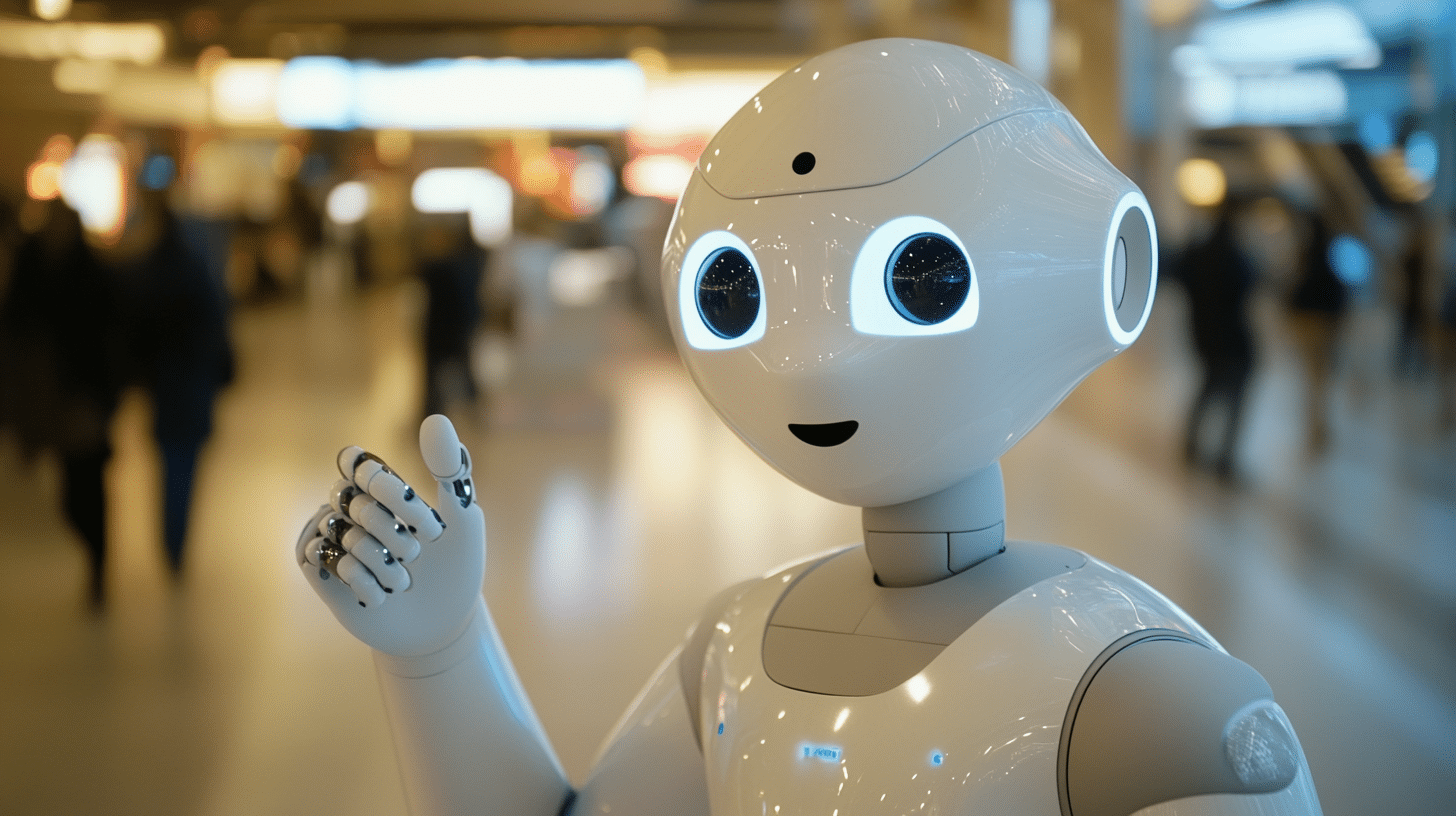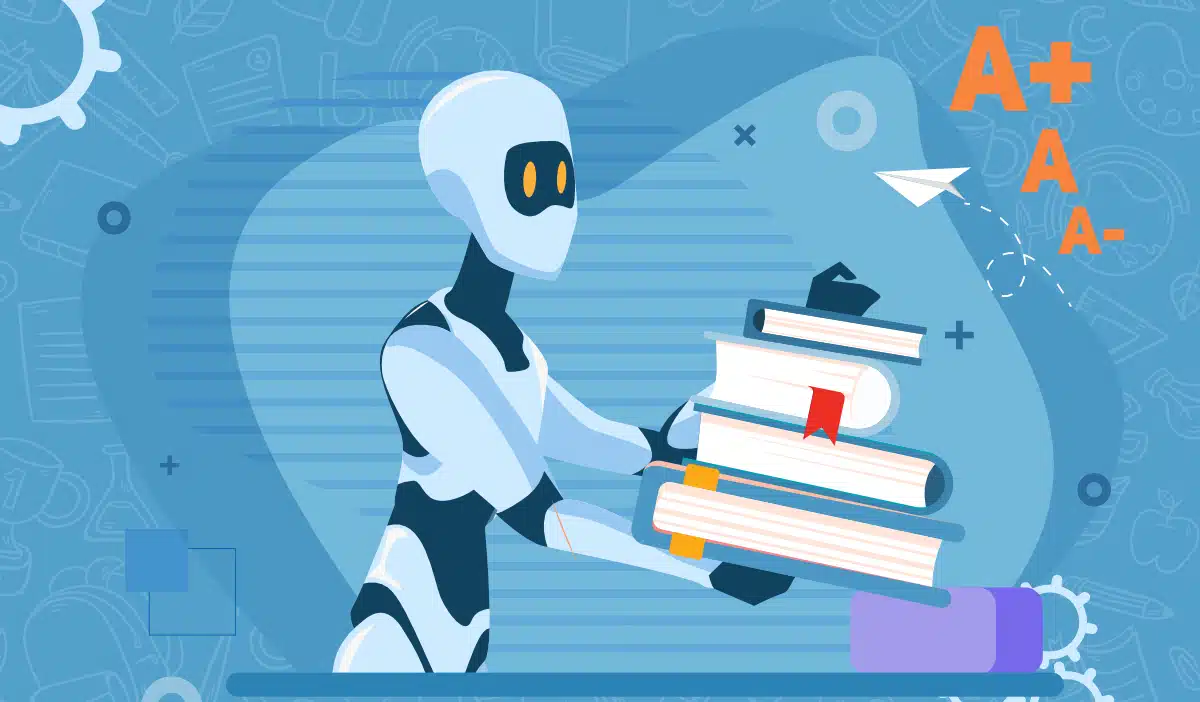
Artificial intelligence (AI) is revolutionizing the way humans interact with computers. From voice assistants to predictive text, AI is seamlessly integrating into daily life, making digital interactions more intuitive and efficient. While some may assume social media has lost its relevance, people still use Facebook, for instance, even after two decades the platform’s been active. But, there are other players in the game now, as AI tools have slowly been finding their way into peoples gadgets to potentially replace social media searches. As AI continues to evolve, it is reshaping human-computer interaction in ways that were once unimaginable.
The Evolution of Human-Computer Interaction
Traditionally, human-computer interaction relied on keyboards, mice, and graphical interfaces. Over time, advancements in AI have led to voice recognition, gesture control, and brain-computer interfaces. These technologies reduce the learning curve and make digital experiences more accessible to a broader audience. AI-driven virtual assistants, such as Siri and Google Assistant, now understand natural language, enabling users to interact with devices through conversation rather than manual input.
AI-Powered Interfaces: A New Era of Interaction
The integration of AI in user interfaces is making interactions more responsive and personalized. Some key advancements include:
- Voice and Speech Recognition: AI-powered voice assistants allow users to perform tasks hands-free.
- Facial Recognition: Security and authentication are becoming more seamless with AI-driven facial recognition.
- Gesture-Based Controls: AI is enabling touchless interactions through motion detection and hand tracking.
- Predictive Interfaces: AI analyzes user behavior to offer suggestions before they are even requested.
These innovations not only enhance convenience but also improve accessibility for people with disabilities, ensuring that technology serves a wider demographic.
AI’s Role in Writing and Learning
AI is not only changing how we interact with devices but also transforming the way content is created and consumed. With technology enabling new ways of writing, AI-driven tools assist in grammar correction, content generation, and even storytelling. Writers and researchers now rely on AI-powered applications to enhance their productivity, while students benefit from AI-driven tutoring systems that offer real-time feedback and personalized learning experiences.
AI’s Influence on Development and Education
As AI advances, it plays a crucial role in shaping industries like software development and education. AI technologies affecting development and education include automated coding assistants, intelligent learning platforms, and adaptive curriculum designs. In software development, AI helps streamline debugging, optimize code, and even generate solutions based on past patterns. In education, AI-driven platforms personalize learning paths based on students’ strengths and weaknesses, making education more efficient and engaging.
Ethical Considerations and Challenges
Despite its advantages, AI in human-computer interaction presents ethical challenges. Privacy concerns arise as AI systems collect and analyze vast amounts of personal data. Additionally, biases in AI algorithms can lead to unfair outcomes, highlighting the need for transparency and AI Ethics practices. Ensuring that AI remains a tool for empowerment rather than control is essential for its responsible integration into society.
Businesses employing AI should consult with an attorney specializing in AI law to protect users and shield themselves from liability.
Conclusion
AI is redefining human-computer interaction, making it more natural, efficient, and accessible. As AI-driven technologies continue to advance, they will further enhance communication, creativity, and learning. However, ethical considerations must remain a priority to ensure AI benefits society as a whole. The future of human-computer interaction is undoubtedly AI-driven, and its impact will only grow in the coming years.


